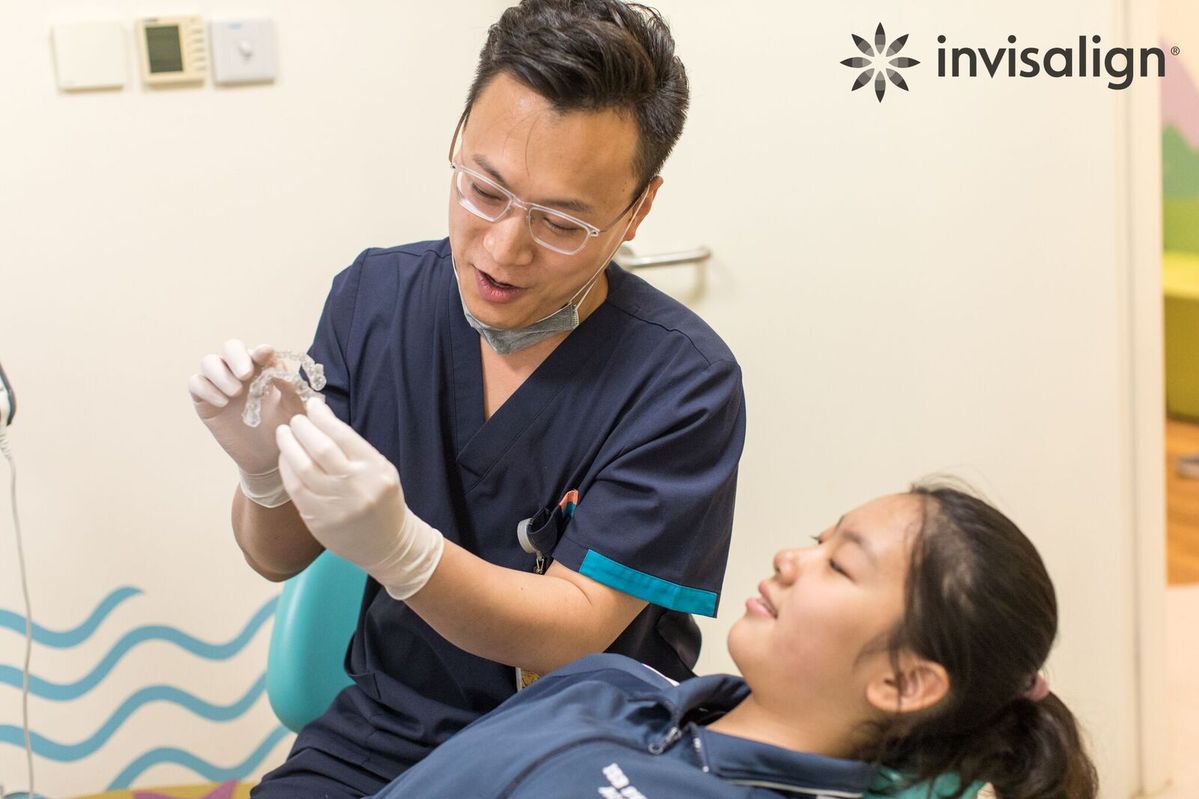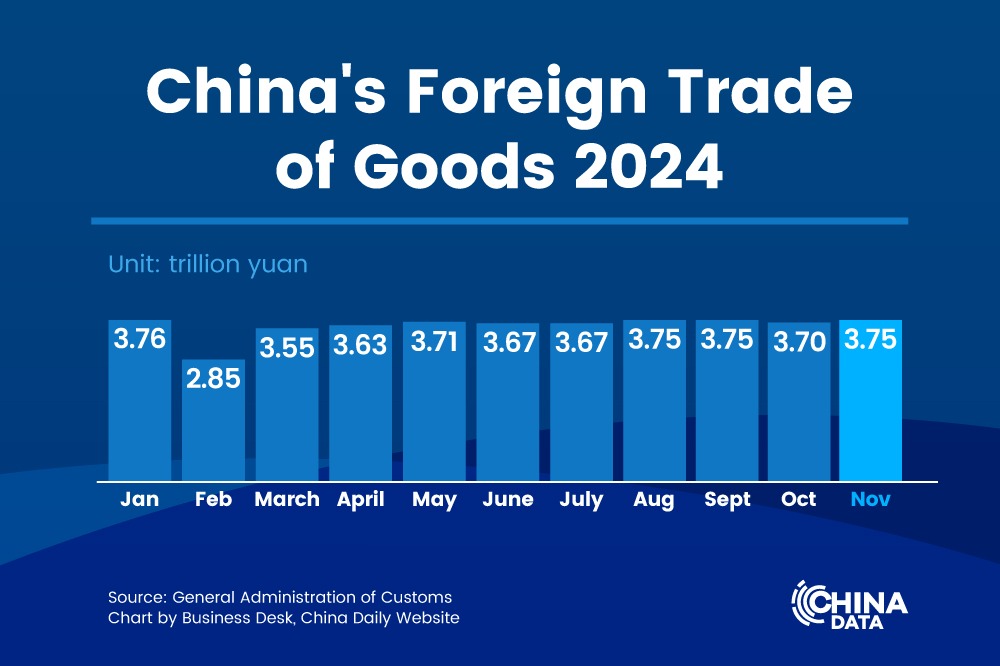Future of domestic oral health market looks bright


China's oral health market was worth 121.5 billion yuan ($17.9 billion) in 2018, and is expected to grow rapidly this year, a recent report said.
The report, jointly released by online research consultancy VC Brat Research and online food review and delivery company Meituan-Dianping, showed that the nation's oral health market has huge growth potential, owing to the fact that four core factors - population base, prevalence rate, treatment penetration and single consumption expenditure - are all growing.
Statistics from chyxx.com, an industry information network, showed that in 2017, the number of patients in China seeking treatment was 694 million, up 4.5 percent from 2008. The average expenditure for each patient in 2017 was 2,613 yuan, up 115 percent from that in 2008. The treatment rate in 2017 was nearly 5 percent, up from under 3 percent in 2008.
Favorable government policies are also supporting the industry. From 2016 to 2017, China introduced several policies to promote the development of the oral health sector, covering large dental hospitals, clinics, doctors and patients. Under the policies, all provinces and autonomous regions made corresponding policies, to ensure the long-term and stable development of the industry.
Julie Tay, senior vice-president and managing director of Align Technology Asia-Pacific, a global medical device company for oral health, noted that China's oral health market is expanding rapidly. "China is our second largest market, and our fastest growing country market with approximately 70 percent annual growth rate.
"With the rising middle class and enhanced awareness of oral health, there are enormous opportunities in China. We strongly believe that a digitalized workflow will revolutionize dental practices and patients' chairside experiences," Tay said.
To target the growing Chinese market, the company, which had only 13 employees in its Shanghai office in 2011, has been investing heavily in training and development of its China team, which today comprises more than 1,000 employees in nine sites across the country.
Chen Qiaoshan, a medical analyst at Beijing-based market research consultancy Analysys, said "the oral health sector is an important one in private healthcare. It is the sector that enables doctors to realize multi-sited licenses and free licenses in the easiest manner. In addition, in recent years, public awareness of oral hygiene has grown rapidly, giving the sector great growth potential".
Capital has also flowed to private dental institutions. Statistics from vcbeat.net showed that from 2017 to 2018, there were a total of 11 fundraisings worth 3.5 billion yuan in the oral health sector. The largest saw investment of more than 2 billion yuan in Bybo Dental Group in June 2018.
Meanwhile, investment in Arrail Group, Enjoy Dental Clinic Group, Malo Clinic Group, Jinsong Dental Hospital, and More Dental Group all surpassed 100 million yuan. Of those, 60 percent were B-round investments, showing China's oral health industry has matured.
With the development of information technology, internet-based oral health consumption is growing rapidly. According to the research by VC Brat Research and Meituan-Dianping on internet-based oral health consumers, women making reservations at clinics through the internet outnumber men, taking up 57.7 percent of the total.
Those aged between 20 and 29 are the main driving force of oral health consumption, making up 61.8 percent of the total. While consumers aged above 40 years old only account for 9.8 percent of the total, their consumption ability and prevalence rate make them a potential driving force in the sector.
Middle-income consumers account for more than 60 percent, while the high-income group takes up over 30 percent.
The report also found that oral health consumers placed importance on quality of life and the pursuit of happiness, and focus on activities related to health, beauty and entertainment. They care more about customer service and less about a service provider's geographic location. Instead of price, what matters to most consumers is consumption experience.
However, Chen added that "the qualifications of practitioners and whether the institution's charges are reasonable should also be considered".




































